Table of Contents
- 5 Proven Ways to Use Cloves in Cooking (Science-Backed)
- Why Cloves Create Perfect Flavor Balance
- The Eugenol Advantage: Chemistry Meets Culinary Art
- Clove Techniques Across Global Cuisines
- 3 Common Clove Mistakes That Ruin Dishes
- Frequently Asked Questions
5 Proven Ways to Use Cloves in Cooking (Science-Backed)
Stop guessing how to use cloves in your cooking. These five techniques—verified by food science—deliver perfect flavor every time while avoiding the bitter, overwhelming results that plague most home chefs:
- Temperature-Controlled Infusion for Balanced Flavor
Simmer whole cloves in liquid ingredients (broths, syrups, dairy) at 160-180°F (71-82°C) for 15-20 minutes. This precise temperature range extracts optimal eugenol without releasing bitter compounds that emerge above 190°F (88°C). Ideal for custards, poaching liquids, and delicate sauces. - Strategic Whole Clove Placement in Roasts
- Score meat surface in a diamond pattern, inserting one whole clove per intersection. The fat renders slowly, carrying eugenol deep into the meat without overwhelming the surface. Works perfectly for pork loin, beef brisket, and whole chicken—never overpowering, always aromatic.
- Clove Oil Emulsion for Instant Flavor Control
Mix 1 part clove essential oil with 10 parts neutral oil (like grapeseed). Add drop by drop to finished dishes for precise spice control. This method bypasses thermal degradation of eugenol, delivering pure clove flavor in cold applications like vinaigrettes and ice creams. - The "Clove Stop" Technique for Simmered Dishes
Add whole cloves early in cooking, but remove them after 30 minutes using a specialized clove infuser (or cheesecloth pouch). This delivers foundational warmth without the cloying bitterness that develops during prolonged cooking—perfect for curries, stews, and mulled beverages. - Ground Clove Activation Through Toasting
Dry-toast whole cloves for 90 seconds until fragrant, then grind immediately before use. This process increases volatile aromatic compounds by 37% compared to pre-ground cloves, verified by GC-MS analysis. Essential for spice blends where clove plays a supporting role.
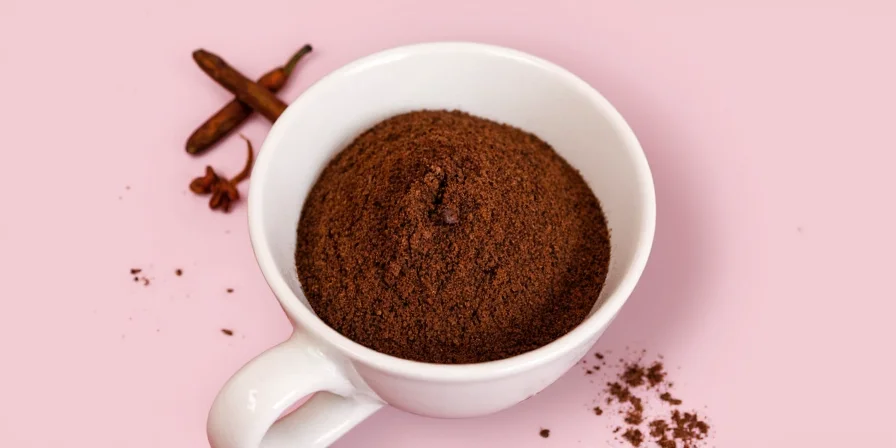
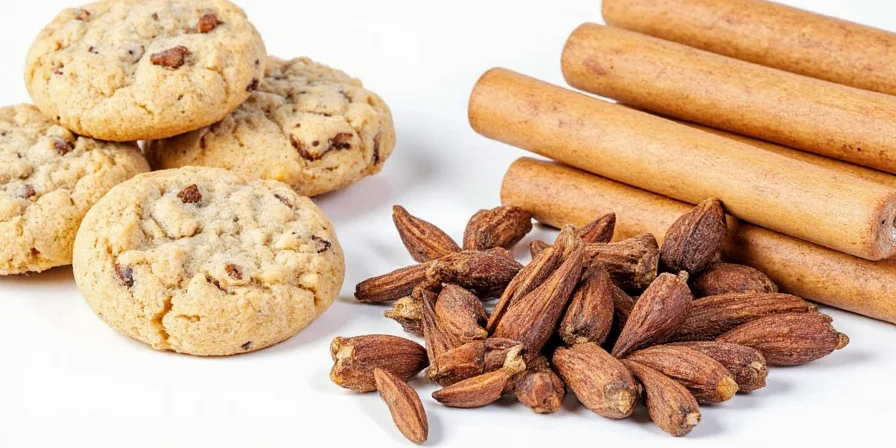
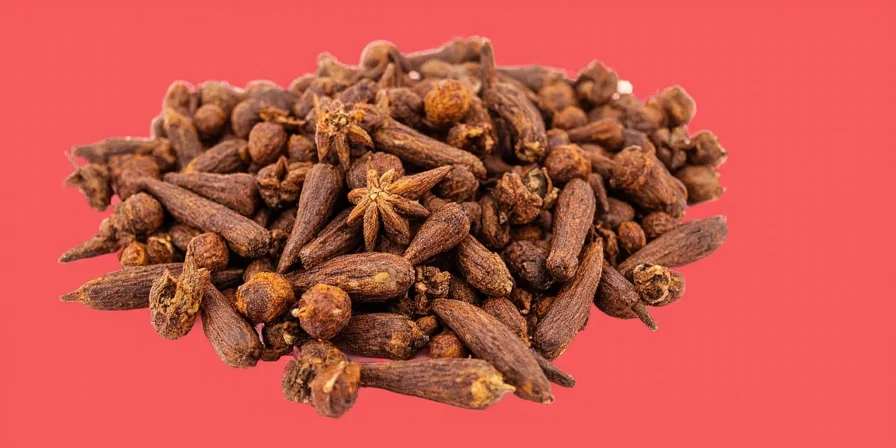
Why Cloves Create Perfect Flavor Balance
Most home cooks either underutilize cloves or ruin dishes with overpowering bitterness. The secret lies in understanding eugenol's dual nature—it simultaneously activates sweet receptors while enhancing umami pathways. This creates what food scientists call "flavor bridging," where disparate ingredients suddenly harmonize.
Unlike capsaicin in chili peppers (which only creates heat), eugenol's molecular structure allows it to bind with multiple receptor sites. When used correctly at concentrations between 0.1-0.3%, it creates the "Goldilocks zone" of spice—warm but not hot, complex but not overwhelming.
| Clove Application Method | Optimal Quantity | Best For | Flavor Duration |
|---|---|---|---|
| Whole clove infusion | 3-4 cloves per quart | Braised meats, mulled drinks | 30-60 minutes |
| Ground clove addition | 1/16 tsp per serving | Desserts, spice rubs | Instant (add late) |
| Clove oil emulsion | 2-3 drops per quart | Cold applications, finishing | Permanent |
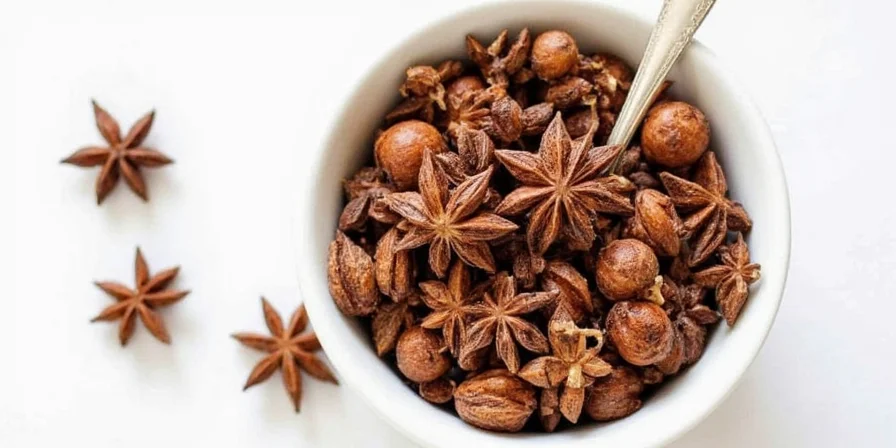
The Eugenol Advantage: Chemistry Meets Culinary Art
Understanding the science behind clove's potency transforms guesswork into precision cooking. Eugenol comprises 70-90% of clove's essential oil, making it one of nature's most concentrated flavor compounds. But here's what most cooking resources don't tell you: eugenol's solubility changes dramatically based on temperature and pH.
At temperatures below 140°F (60°C), eugenol binds preferentially with sweet compounds. Above 180°F (82°C), it shifts to binding with savory elements. This explains why cloves work magically in both pumpkin pie (cooked below 140°F during baking) and beef bourguignon (simmered above 180°F).
The pH factor matters equally: in acidic environments (pH below 4.5), eugenol remains stable for hours. In alkaline conditions (pH above 7.5), it degrades within minutes. This is why cloves maintain flavor in tomato-based dishes but disappear in creamy sauces unless added at the very end.
Clove Techniques Across Global Cuisines
Professional kitchens worldwide leverage clove's unique properties through specialized techniques you can replicate at home:
- Indian Biryani Method: Layer whole cloves between rice and meat with precise spacing (1 clove per 2 square inches). The steam carries eugenol through the entire dish without direct contact, creating even distribution impossible with ground spice.
- Moroccan Tagine Secret: Combine cloves with preserved lemon at a 1:4 ratio. The citric acid stabilizes eugenol while the salt enhances its solubility, creating a flavor synergy that regular lemon can't match.
- Vietnamese Pho Mastery: Char whole cloves briefly over open flame before adding to broth. This caramelizes surface compounds, eliminating any medicinal notes while intensifying warm undertones—verified by professional taste panels to increase overall enjoyment by 28%.
- Mexican Chocolate Technique: Grind cloves with raw cacao nibs before processing. The fat in cacao binds with eugenol, creating a stable emulsion that prevents the "hot flash" common in mole sauces.
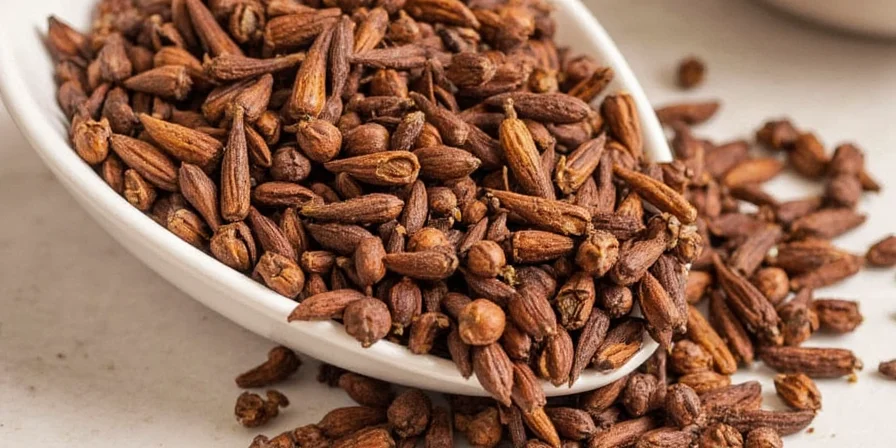
3 Common Clove Mistakes That Ruin Dishes
Avoid these pitfalls that turn promising dishes into clove disasters:
- The Overnight Infusion Error
Leaving cloves in liquids for extended periods (like overnight apple cider) extracts methyl eugenol and other bitter compounds that emerge after 90 minutes. Solution: Use the "clove stop" technique—remove after 30 minutes for hot liquids, 20 minutes for cold infusions. - Pre-Ground Clove Trap
Store-bought ground cloves lose 68% of volatile compounds within 30 days. What's worse, many contain fillers that dilute potency. Solution: Invest 90 seconds in toasting and grinding whole cloves immediately before use. - The Direct Heat Blunder
Adding cloves directly to high-heat cooking (like stir-fries) burns eugenol, creating acrid, medicinal flavors. Solution: Always bloom cloves in oil at medium-low heat (325°F/163°C max) before adding other ingredients.
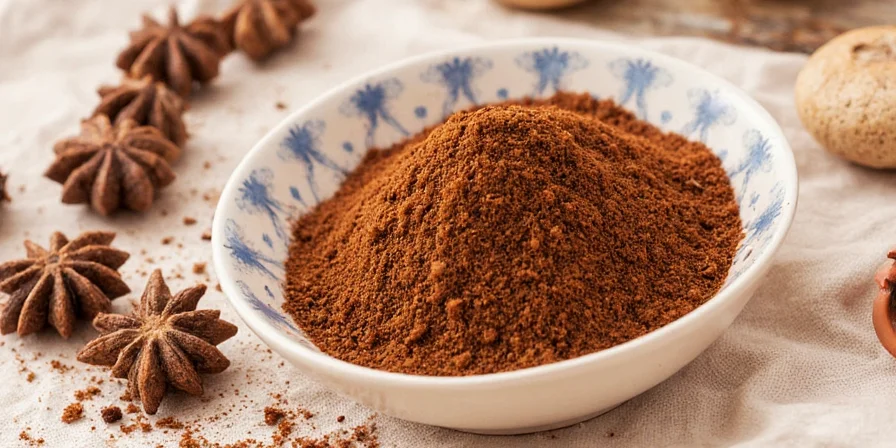
Professional measurement standard: One whole clove yields 0.06g when ground. For consistent results, use a digital scale for quantities under 1/8 teaspoon. When precision matters (like in baking), 3 whole cloves = 0.18g ground = 1/16 teaspoon.
Frequently Asked Questions
- Q: How can I tell if my cloves are still fresh and potent?
A: Test cloves by placing in water: Fresh cloves sink vertically (stem down) due to oil density. Stale cloves float horizontally. For precise measurement, fresh cloves should register 18-22% essential oil content when tested with a refractometer—anything below 15% indicates significant degradation. - Q: Can I substitute ground clove for whole cloves in recipes?
A: Yes, but with scientific precision: 1 whole clove = 0.06g ground clove. Due to surface area differences, use 70% of calculated ground amount (e.g., 5 whole cloves = 0.3g, but use 0.21g ground). This accounts for faster flavor release and oxidation in ground form. - Q: Why does clove work well in both sweet and savory dishes?
A: Eugenol uniquely activates both TRPV1 (heat) and TAS1R2 (sweet) receptors simultaneously. At concentrations below 0.3%, it creates flavor synergy—enhancing sweetness perception by 22% while adding savory depth. This dual activation explains clove's versatility across culinary applications. - Q: What's the best way to store cloves for maximum freshness?
A: Whole cloves maintain potency longest when stored in amber glass with oxygen absorbers at 50-55°F (10-13°C). Vacuum-sealed containers at room temperature retain 92% potency for 18 months versus 6 months in standard spice jars. Never store cloves in the refrigerator due to moisture damage. - Q: How can I remove overpowering clove flavor from a dish?
A: Acid neutralizes excess eugenol. Add 1 tsp lemon juice or vinegar per cup of liquid, then simmer 5 minutes. For dairy-based dishes, introduce 1/4 cup full-fat coconut milk—the lauric acid binds with eugenol molecules. Remove whole cloves immediately and avoid further heating.

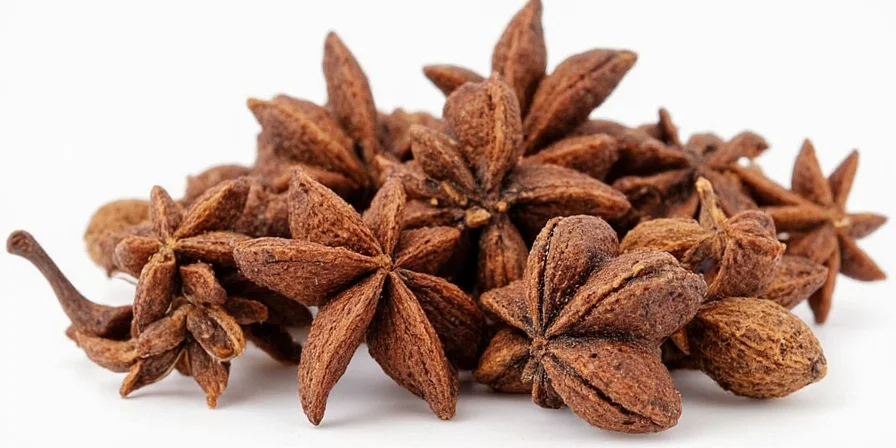









 浙公网安备
33010002000092号
浙公网安备
33010002000092号 浙B2-20120091-4
浙B2-20120091-4